Article Published in the Wall Street Journal
One of the biggest legal fights in the history of insurance has begun.
A cavalcade of restaurateurs, retailers and others hurt by pandemic shutdowns have sued to force their insurers to cover billions in business losses. A video berating the industry ran for most of June on a giant screen in New York’s Times Square, four times each hour around the clock.
“Insurance companies: Do the right thing,” was the chorus at the end of the video. Repeating the words were a musician, a dancer, a chef, a rabbi, comedian Whoopi Goldberg —and a New Orleans plaintiffs’ lawyer, John Houghtaling II, who paid for the video.
Millions of businesses across the U.S. have “business interruption” insurance. The pandemic, no question, interrupted their businesses.
But insurance companies have largely refused to pay claims under this coverage, citing a standard requirement for physical damage. That is a legacy of its origins in the early 1900s as part of property insurance protecting manufacturers from broken boilers or other failing equipment that closed factories. The insurance is also known as “business income” coverage.
More than half of property policies in force today specifically exclude viruses. The firms filing the lawsuits mostly hold policies without that exclusion. Their argument for getting around the physical-damage requirement is that the coronavirus sticks to surfaces and renders workplaces unsafe.
Lawyers have found past rulings that say events rendering a property unusable may constitute property damage. In one case, a New Jersey manufacturer prevailed with its argument that an ammonia leak made its property unfit for use.
In Oregon, a policyholder obtained a favorable ruling when wildfire smoke led to canceled outdoor theater performances. In New Hampshire, the state’s highest court said physical loss didn’t include only changes that could be seen or touched, in a case about cat-urine odor in a condo building.
“Lawyers and the trial bar will attempt to torture the language on standard industry forms and try to prove something exists that actually doesn’t exist,” Chubb Ltd. Chief Executive Evan Greenberg said on an earnings call in April. “The industry will fight this tooth and nail. We will pay what we owe.”
Hundreds of lawsuits have been filed, and lawyers anticipate many more. Some plaintiffs’ lawyers speculate the issue could deal losses to insurers rivaling their liability from asbestos litigation about 30 years ago. That was about $100 billion, according to A.M. Best Co. A Wells Fargo Securities analyst puts insurers’ worst-case business-interruption liability at $25 billion, which would match losses from some Category 5 hurricanes.
The volume of plaintiffs and variety of venues raise the chance of sympathetic judges or juries finding for small-business plaintiffs, some lawyers say.
“Which side of the state line you are on can influence the outcome,” said Randy Maniloff, an attorney at White & Williams LLP who represents insurers.
Cases are arriving from established coverage-dispute law firms, class-action lawyers who typically sue businesses, prominent litigators such as Boies Schiller Flexner and smaller shops ordinarily focused on personal injury. Some are advertising on TV and social media for clients.
Mr. Houghtaling has emerged as the most visible player.


